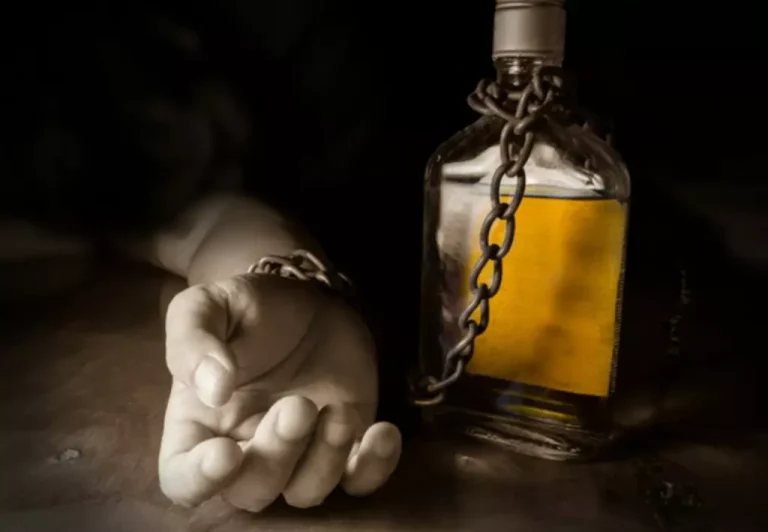
Being an open book is not natural for someone just emerging from substance use, much less talking about such personal issues with strangers. But being brave and allowing others to know you on a deeper level can be extremely therapeutic. It shows that you value yourself, your life, and your future enough to not only be heard, but to also be cared for.
Do: Acknowledge Your Support System
For instance, your friends and family may have staged an intervention. If this is the case, then it should definitely be factored into your story. A big part of recovery is taking suggestions, and agreeing to go to treatment was a big part of your story. If your friends and family had previously https://ecosoberhouse.com/ thrown an intervention that failed in convincing you to enter recovery, be sure to note how this time was different. This will not likely be a lengthy part of your story, but it is a pivotal one. For all, it will provide a transition between what things were like and what things are like now.
How can storytelling through blog posts help rehab centers effectively promote their treatment plans and offerings?
- Whatever the goal, it’s still essential to understand concerns about oversharing or speaking about substance abuse in the wrong light.
- A Grade 1 ankle sprain is a mild injury where “small tears in the ligaments of the ankle” cause pain, swelling, and bruising, Ishibashi explains.
- For people who have been impacted by the disease of addiction, and found their way to recovery, their stories can be immensely touching.
- Clients may also find comfort in writing their own stories, framing their experiences as myths or heroic journeys.
“Child Welfare Services and adult and juvenile support service advocates were on scene to provide support as needed,” the release said. While you’re recovering from a sprain, it’s important to prioritize rest, Ishibashi underscores. No matter the severity, you can practice the classic “RICE” protocol, which consists of rest, ice, compression and elevation to help with pain and swelling, she says. A Grade 3 sprain is a “severe ankle sprain” that results from a “complete tear or rupture of a ligament,” Ishibashi adds.
How to Talk About Mental Health

Making sober friendships and engaging in the recovery community can give people strength and make them more likely to beat their addiction. It creates a bond which captivates attention and encourages understanding. These stories can challenge bad views on addiction and mental health, eliminating stigma. By openly discussing their experiences, people in recovery offer help, inspiration, and support.
How long does a sprained ankle take to heal?
This shift in perspective can lead to increased understanding, empathy, and support for those in recovery. Sharing your story is a powerful way to humanize the issue of addiction and encourage others to seek the help they need. Throughout your post-addiction life, you will probably have many opportunities to share the insight you gained during your recovery journey. However, some people find it challenging to know what to share or how to share it. Before telling your story, try writing down your thoughts privately first.
Indonesia still has medal hopes despite unexpected loss at Paris Olympics
It doesn’t matter if you share your story publicly or not, but it’s amazing the hope and freedom it can bring just by writing it. One person shared this benefit via the Wellness Recovery Action Plan (WRAP); they explained that even if one person is inspired by your story, it’s a success. The 12 Steps of Alcoholics Anonymous are incredibly well-known and their reach extends far beyond addiction recovery circles. Even if you know nothing about substance abuse or the pursuit of sobriety, you’re very likely aware of AA and its prolific dozen rules.
- These narratives can give insight into the complex nature of addiction and mental health, leading to an inclusive and supportive society.
- They break down stigmas surrounding addiction while promoting compassion and support for individuals in recovery.
- Big Issue Recruit is a specialist job service which supports people with barriers to work and helps them get into employment with the help of job coaches.
- Many people do not understand what a person addicted to drugs or alcohol goes through.
- Your story is a firsthand account of what you went through and how you survived.
The Impact of Sharing Personal Recovery Stories
Perhaps most important of all, sharing your story will help your recovery. It affirms what you have gone through and shows you just how much you have overcome to get to sharing your story in recovery where you are today. Rather than recovery being a distant hope for the future, you are talking about it in the past and present tense to make it that much more real.
Don’t: Glamorize the Addiction


